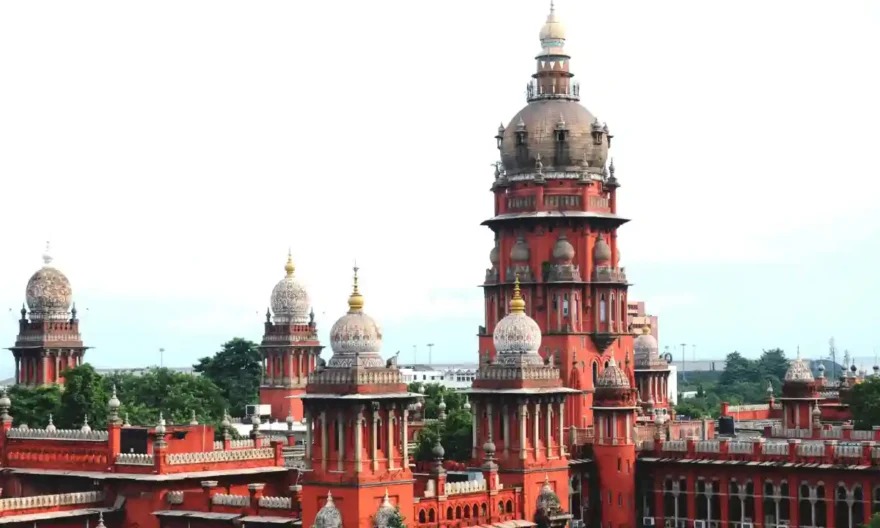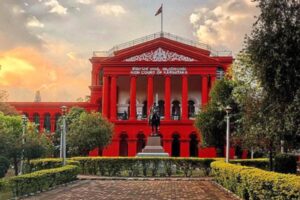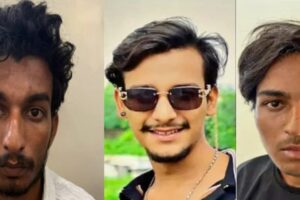
The Madras High Court recently observed that the right to life encompasses the right to receive adequate medical treatment, and there should be no discrimination when it comes to treating patients in government hospitals.
A single bench of Justice SM Subramaniam stated that any differentiation in the treatment of patients within government hospitals would contravene the right to life as guaranteed by Article 21 of the Constitution.
“Discrimination in treating the patients in the government hospitals is impermissible and any such discrimination would result in unconstitutionality. Medical facility is an integral part of Article 21 of the Constitution of India. “Life” includes decent medical treatment. Therefore, all the patients are to be treated equally and equal medical facilities are to be ensured to the patients in the government hospitals,” the bench stated.
The single bench made the observation while refusing to grant ₹25 lakh as compensation to a woman who claimed that her son has been suffering from an ailment owing to medical negligence on the part of a Primary Health Centre (PHC) in the New Washermenpet area of Chennai.
The court reasoned that the case involved disputed facts beyond the purview of a writ petition under Article 226 of the Constitution. It was also noted that a team of specialty doctors had examined the child’s condition as per the court’s previous orders, and the child’s treatment was still ongoing. The court emphasized that in government hospitals, where numerous patients receive free treatment, all patients must be treated equally as mandated by the Constitution. Consequently, the court opined that the petitioner should not expect more than what is provided in government hospitals.
The petitioner approached the court alleging that the Primary Health Centre (PHC) had neglected to conduct a mandatory “anomaly scan” during her second pregnancy. It was only after giving birth that she discovered her newborn son had facial deformities and a cardiac anomaly.
She further informed the court that she was referred to a specialized government hospital for children, where her son underwent examination but did not receive timely surgery. Instead, she claimed that she was only provided with medication and eventually informed that there was no possibility of the child’s survival. Additionally, the attending doctor reportedly refused to treat the child.
As a result, the petitioner filed a writ petition in 2017, leading to the formation of a team of expert doctors to evaluate the child’s condition. The doctors concluded that any necessary surgical intervention should have taken place before the child turned six months old and recommended continued medication as treatment.
The court acknowledged that it was unable to adjudicate on the disputed issues of medical negligence in this particular case. However, it took note of the fact that the child was receiving treatment from a team of specialized doctors, considering it a “concession” granted to the petitioner. Consequently, the High Court determined that it could not intervene further in the matter.
“Presuming there is a medical negligence, the parties are bound to approach a different forum and not the High Court under Article 226 of the Constitution of India … As medical professionals, they are thriving hard and providing treatment to the child. When the Doctors are treating the child by following the medical protocol and ethics, there is no reason to interfere with such treatments or otherwise by the High Court. More so, the petitioner cannot expect any such preference only for her child as there are many children also, taking treatment in the Government Hospitals,” the bench stated.
The bench clarified that the petitioner has the right to access medical facilities in government hospitals on an equal basis with other children. Consequently, the plea for compensation was rejected. The case was disposed of with a direction to the relevant authorities to ensure that the child receives continuous treatment in accordance with medical protocols and with access to the best available medical facilities.




